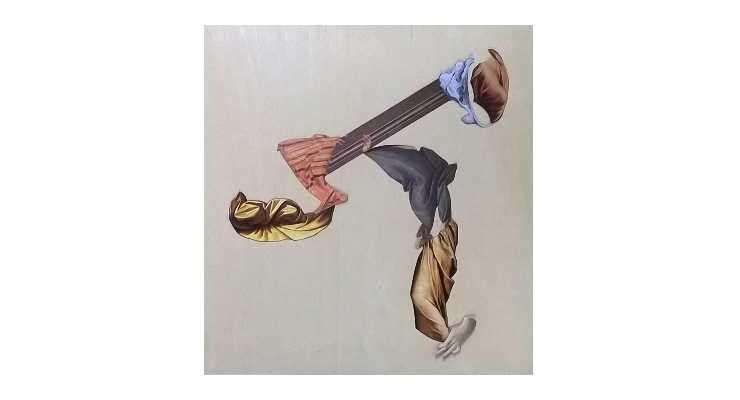 Have you tried to explain the rise of political polarization? Or have you not? One explanation is psychological:
Have you tried to explain the rise of political polarization? Or have you not? One explanation is psychological:
We exhibit reasoning biases that lead us to strengthen our ideas on a subject matter. We tend to interpret conflicting evidence as supportive of our thoughts, and seek out arguments that confirm our beliefs, becoming more confident of the opinions we share with our groups: echo chambers.
Another explanation is sociological:
The age of information has made it easier for us to fall into informational traps. We are able to use social media to curate our interlocutors, customizing our web browsers to consume news that reinforce our views: echo chambers.
Have you looked into this? Or have you not?
Now, are these “reasoning biases” biases? Or could these tendencies result from rational processes? What if they arise when rational people are sensitive to the fact that some forms of evidence are systematically more ambiguous than others. What if we can locate the problem not in our choices as individuals but in the structure of our interaction: echo chambers.
Have you thought about this? Or have you not?
“We should think of political polarization less as a health epidemic and more as a tragedy of the commons. That means two things. First, it means focusing less on changing the choices people make, and more on changing the options they’re given. And second, it means recognizing just how smart the “other side” is: that those who disagree with you may do so for reasons that are subtly—exquisitely—rational.”
Echo chambers.
Leave a Reply